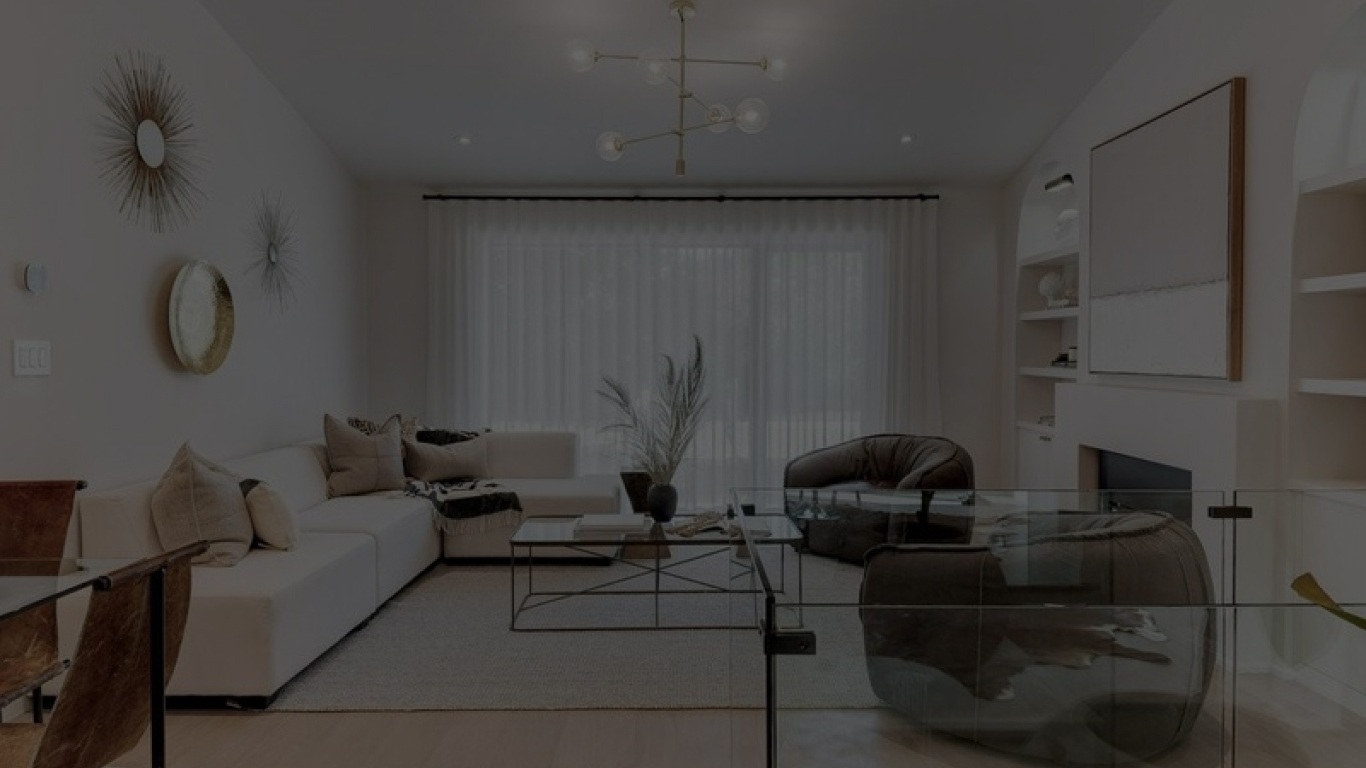
We offer Canada’s top brands for Engineered Hardwood!
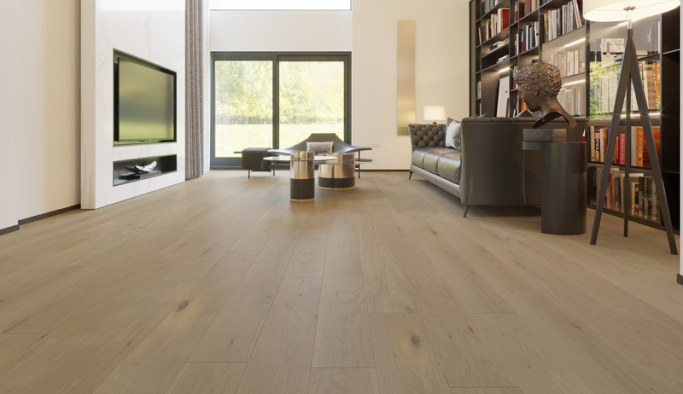
Trafalgar Hardwood has developed close relationships with our suppliers to ensure you not only get a great quality floor but that you pay a fair price and get a hardwood floor that will last for many years to come.
Our amazing brands include: Mirage, Superior, Tosca, Grandeur, Twelve Oaks, Provenza, Vidar, Canadian Standards, Urban Wood, Hardwood Planet, Goodfellow and many more
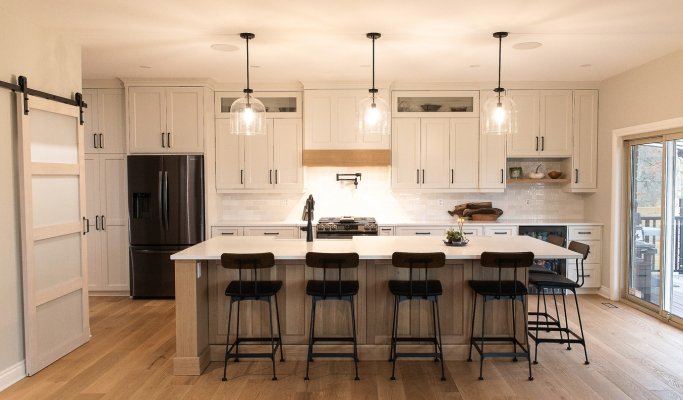
As a homeowner, you may be wondering whether you should choose engineered hardwood for your house. It’s a common question that’s often asked in wood floor showrooms. However, it’s important to note that the answer is not always straightforward, as there are several factors to consider, such as your lifestyle, home structure, and budget.
One thing to consider when choosing engineered wood flooring is the construction method used. There are two main types: multiply and 3-ply. Multiply engineered wood floor is constructed with a hardwood veneer on top of the plywood, while 3-ply engineered wood floor has a hardwood veneer on top of two layers of other softwood. It’s important to note that more layers don’t necessarily mean better performance. The balance and bonding of each layer should be taken into consideration first and foremost.
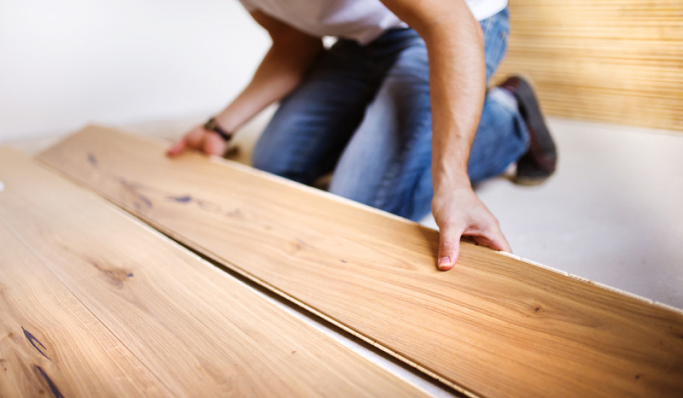
Another aspect to consider is the installation style. The two most popular styles for floating wood floors are the click lock and tongue and groove style planks.
Click lock engineered hardwood offers a glue-less installation through a self-locking system on each plank, making it faster and easier to install. Additionally, repairing damaged planks is also easier since you can remove and reinstall them easily.
Tongue and groove engineered hardwood, on the other hand, is more common since it’s compatible with various installation methods such as nail-down or glue-down. However, repairing it can be tricky since the planks are glued together with hardwood flooring glue.
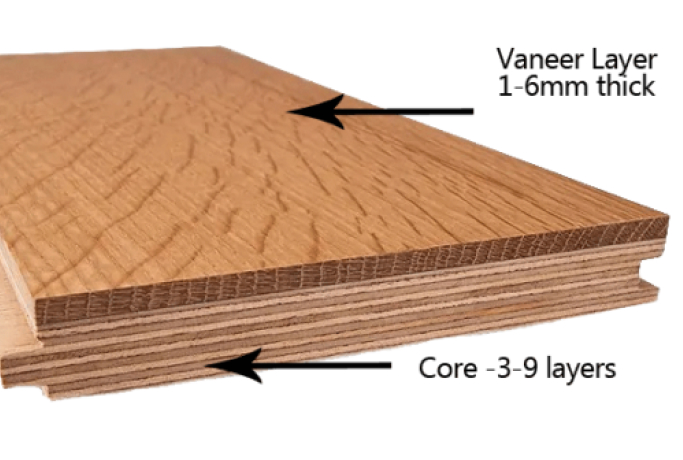
The top layer of an engineered floor is called the wear layer. Its thickness varies from a thinner 1 mm to a thicker 6 mm. Some wear layers can be refinished numerous times, while others should never risk sanding through the veneer. When looking at samples, view a side profile of the hardwood to determine the thickness of the wear layer. The hardwood veneer influences the cost of engineered wood production heavily.
Additionally, there are two types of veneer: rotary-peeled and dry-sawn. Rotary-peeled veneers are often found on entry-level products. They are peeled from a wood log like apple skin and are initially circular-shaped but are forced flat. This process increases the yield rate but is more prone to cracks from the wood’s natural tendency to curl. Dry-sawn wear layers, on the other hand, are cut when the board has been kiln-dried and offer an identical look to solid hardwood. They can also be sanded at least once.
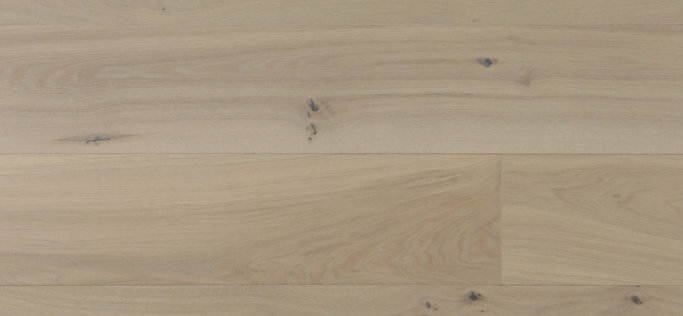
This grade displays the wood’s natural medley of colour and character. This grade of flooring also includes an allowance for large filled knots that can be up to two inches in diameter. This type of grade tends to be the least expensive.
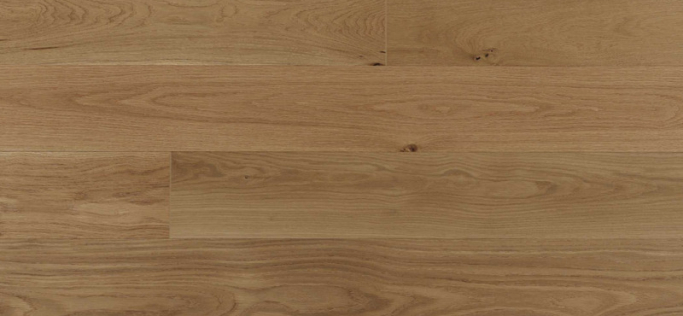
This grade displays less knots and very little to no fill. The colour is also very consistent and you can expect a more even looking floor with regards to finish and look of the wood. This type of grade tends to be the best value for your dollar.
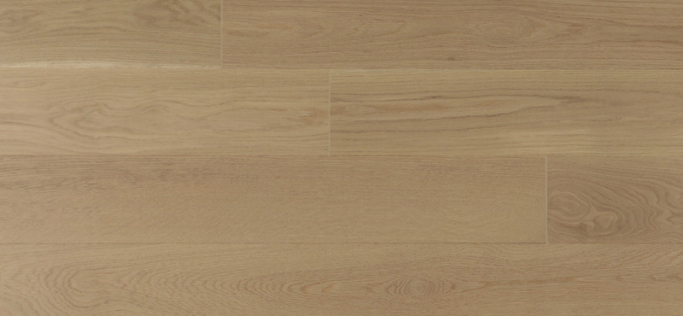
This grade displays a very clean look with little to no knots. The colour is also very consistent and you can expect a more even looking floor with regards to finish and look of the wood. This type of grade tends to be a more expensive floor overall.
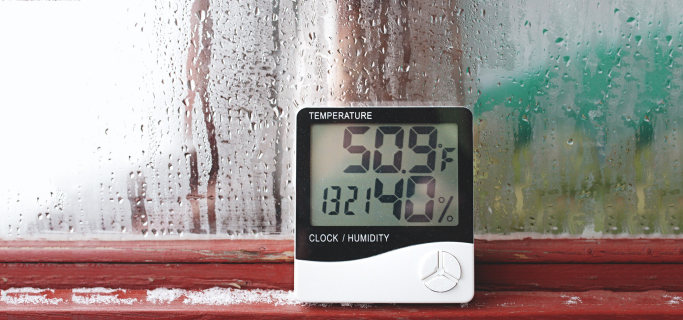
It’s essential to note that the biggest misconception about engineered wood flooring is that it’s less durable than solid hardwood. In fact, if given a thick wear layer, an engineered hardwood offers the same durability as solid hardwood. Additionally, engineered flooring outperforms solid flooring in terms of stability (cupping or gaping), which means you can use wider-width products without seeing those dimensional changes as much.
However, it’s important not to ignore moisture, especially relative humidity, when it comes to engineered wood flooring. Engineered flooring is designed for normal living conditions and should abide by the same guidelines for relative humidity and temperature. If an engineered floor experiences dry conditions outside the parameters defined by the manufacturer, problems may arise, such as delamination, face-checking, splitting, and dry-cupping, which require plank replacement.
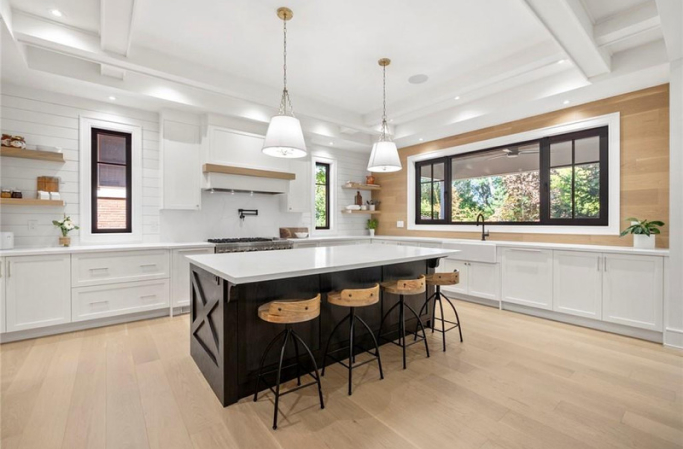
At Trafalgar Hardwood, our team of expert installers boasts over 50 years of combined experience installing a wide range of high-quality flooring options, including Engineered and Solid Hardwood, Luxury Vinyl, and Laminate, as well as Porcelain and Ceramic Tile. We also offer skilled carpentry services to install interior doors, casings, and baseboards, ensuring a seamless finish to your home renovation project
Request A Quote